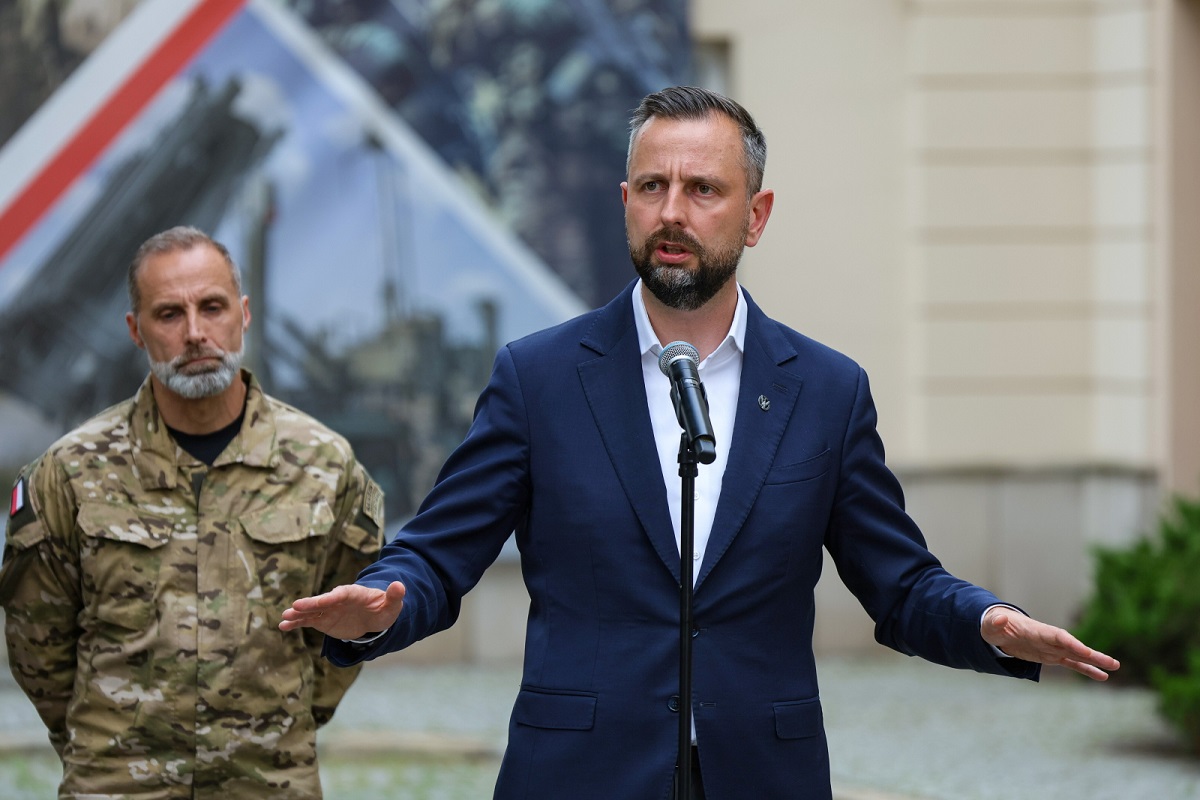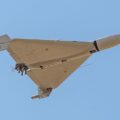
A Drone over Poland: Why the Lublin Voivodeship Explosion Cannot Be Dismissed as a Coincidence
On the night of August 20, 2025, the Polish village of Osiny, located in the Lublin Voivodeship, became the site of an incident that rattled not only the local population but also Poland’s diplomatic establishment. An unidentified aerial object fell and exploded, leaving behind fragments resembling those found in Russian Shahed-type kamikaze drones. This explosion prompted the Polish Ministry of Foreign Affairs to issue an official note of protest to the Russian Federation.
According to official statements, the explosion occurred in a cornfield, more than 100 km from the Ukrainian border and just 70 km from Warsaw. Police and explosives technicians found charred fragments of metal and plastic, while journalists published images showing remnants of a four-stroke MD550-type engine, the same kind commonly used in Shahed-136 drones.
Polish military authorities noted that there were no recorded airspace violations from either Ukraine or Belarus. However, an investigation by the newspaper Rzeczpospolita highlighted strong similarities between the object and the Iranian-made Shahed drone or its Russian version, the Geran both widely deployed by Russia in its war against Ukraine.
Polish Government’s Reaction: From Caution to Accusation
Poland’s Minister of National Defence, Władysław Kosiniak-Kamysz, publicly outlined three possible explanations for the explosion:
- A military drone crash originating from outside Polish territory.
- A smuggling drone used for illicit cargo transport.
- A sabotage or diversionary operation, possibly orchestrated by Russia.
While no final conclusion has yet been drawn, Kosiniak-Kamysz referred to other confirmed acts of sabotage linked to Russian intelligence, including the May 12, 2024 arson attack on a Warsaw shopping mall, already attributed to Russian operatives.
Official MFA Statement: A Provocation by Moscow
Poland’s Ministry of Foreign Affairs issued a sharply worded statement, directly accusing Russia of deliberate provocation against Poland and other European countries. The statement reads:
“Russia has violated its obligations to respect Poland’s sovereignty, specifically the provisions of the Treaty on Good-Neighbourly Cooperation and the Convention on International Civil Aviation.”
It further stressed that this was not an isolated case, but rather part of an ongoing pattern of hostile Russian activity, occurring in parallel with its war of aggression against Ukraine. Poland is demanding immediate clarification from Moscow and urges it to cease provocative and hostile actions that undermine regional security.
Why This Is Not an Isolated Event
This incident fits squarely within the broader context of the hybrid war Russia is waging not just against Ukraine, but also against the West. As one of Ukraine’s strongest allies within the EU, Poland has frequently been the target of cyberattacks, disinformation campaigns, and covert operations.
The timing of the explosion is particularly telling, coming at a moment of intensified peace negotiations. It appears to be yet another example of Russia attempting to destabilize critical diplomatic processes through indirect means a tactic it has used in the past.
Geopolitical Implications: A Wake-Up Call for NATO
While there is still no conclusive evidence proving that the drone was launched from Russian-controlled territory, the nature of the incident strongly suggests intentional destabilization. In short, Poland is signaling to its allies:
- NATO members outside active warzones remain vulnerable to hybrid attacks.
- Warsaw expects specific measures of support, including enhanced intelligence sharing, counter-sabotage coordination, and stronger airspace surveillance.
- The incident could serve as a catalyst for new EU and NATO security initiatives in Eastern Europe.
The drone crash in Poland is not a technical malfunction, but a political message. Once again, Russia demonstrates its willingness to extend hybrid tactics beyond Ukraine’s borders. A strike on Polish territory even without casualties delivered a clear warning: “We are here. We can reach you. We are watching.”
As a frontline state in European security, Poland has shown it will not ignore such provocations. The real question now is whether this warning will be heard in Brussels and Washington. The answer will test not just political vision, but the collective responsibility for securing Europe’s eastern flank.













